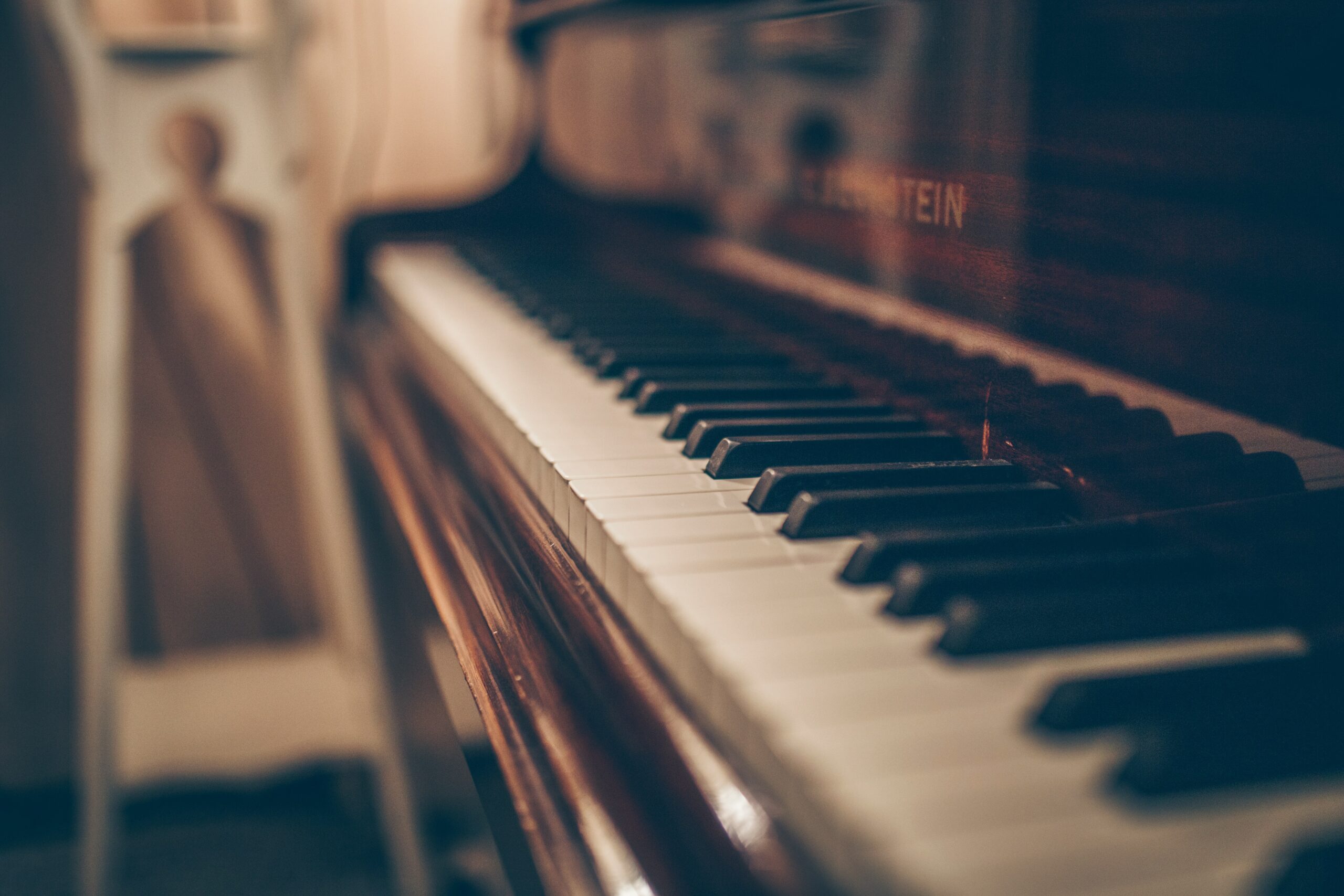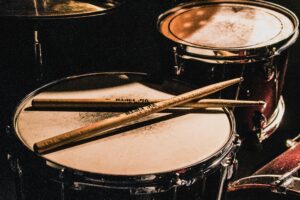The piano, with its majestic presence and unparalleled versatility, has long been regarded as one of the most beloved and iconic instruments in the world of music. From classical masterpieces to contemporary compositions, its enchanting sound has captivated audiences for centuries, transcending cultural boundaries and leaving an indelible mark on the landscape of musical expression. In this blog post, we will explore the rich history, enduring appeal, and profound impact of the piano on both musicians and listeners alike.
The origins of the piano can be traced back to the early 18th century, when Italian instrument maker Bartolomeo Cristofori invented the “gravicembalo col piano e forte,” or the “harpsichord with soft and loud” – the earliest version of the modern piano. Unlike its predecessors, the piano featured a dynamic range of expression, allowing performers to control the volume and intensity of sound with unprecedented precision. This revolutionary design laid the foundation for the instrument’s widespread adoption and eventual dominance in concert halls and homes around the world.
Throughout its evolution, the piano has undergone numerous refinements and innovations, resulting in a diverse array of styles and designs. From the elegant grand pianos of European craftsmen to the compact upright pianos of American manufacturers, each instrument possesses its own unique character and sonic qualities, reflecting the cultural and technological advancements of its time.
One of the most remarkable aspects of the piano is its ability to convey a vast range of emotions and moods through music. Whether performing a haunting nocturne by Chopin, a thunderous concerto by Rachmaninoff, or a soulful ballad by Billy Joel, pianists have the power to evoke profound feelings of joy, sorrow, nostalgia, and passion in their listeners. The piano’s expressive capabilities stem from its dynamic range, tactile responsiveness, and harmonic richness, allowing performers to imbue their interpretations with nuance and sensitivity.
Moreover, the piano serves as a gateway for composers to explore the boundless possibilities of musical expression. From the classical compositions of Mozart and Beethoven to the avant-garde works of Debussy and Schoenberg, the piano has been a muse for generations of musical visionaries, inspiring them to push the boundaries of convention and explore new artistic frontiers. In the hands of a skilled composer, the piano becomes a canvas for innovation and experimentation, inviting audiences on a journey of discovery and enlightenment.
Mastering the piano requires not only technical proficiency but also a deep understanding of musical theory, interpretation, and performance practice. Pianists devote countless hours to honing their craft, refining their technique, and perfecting their repertoire, striving to achieve a level of virtuosity that transcends mere skill and approaches the realm of artistry. From the delicate touch of a Chopin nocturne to the thunderous power of a Liszt étude, pianists must possess the dexterity, control, and expressiveness necessary to bring their music to life.
Yet, beyond the realm of solo performance, the piano also holds a prominent place in chamber music, orchestral ensembles, and collaborative settings. Whether accompanying a vocalist, collaborating with other instrumentalists, or performing as part of a larger ensemble, pianists must adapt their playing style to complement the voices and instruments around them, demonstrating versatility, adaptability, and teamwork.
The piano stands as a testament to the enduring power of music to inspire, uplift, and unite humanity. From its humble origins in the workshops of 18th-century Italy to its status as a cultural icon beloved by millions, the piano continues to captivate hearts and minds with its timeless beauty and expressive potential. Whether experienced in the intimacy of a living room recital or the grandeur of a concert hall performance, the piano remains a symbol of creativity, passion, and transcendence – a symphony of emotion and artistry that echoes through the ages.




